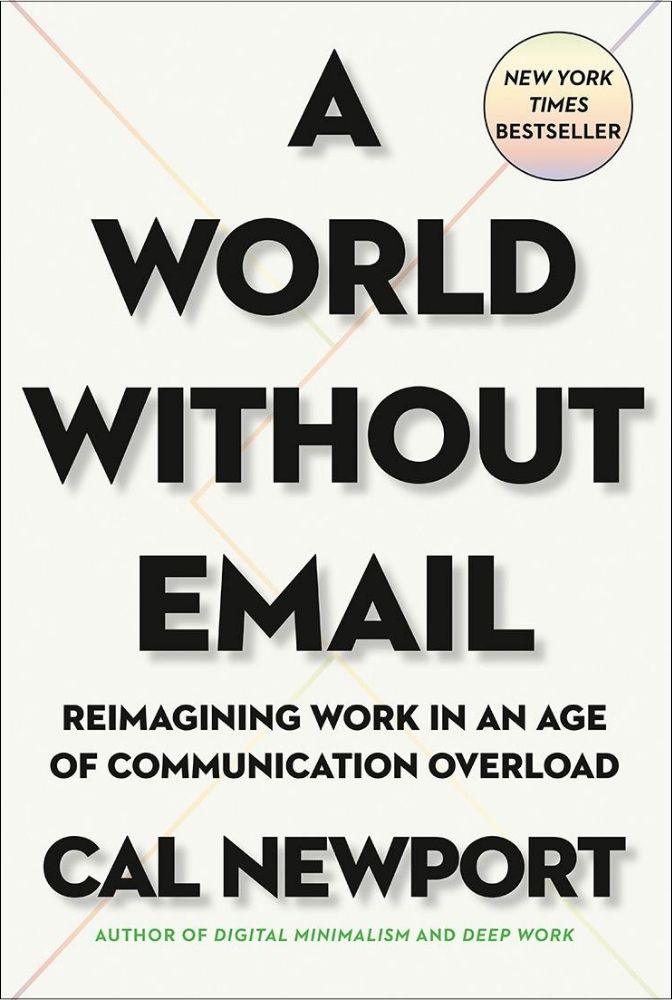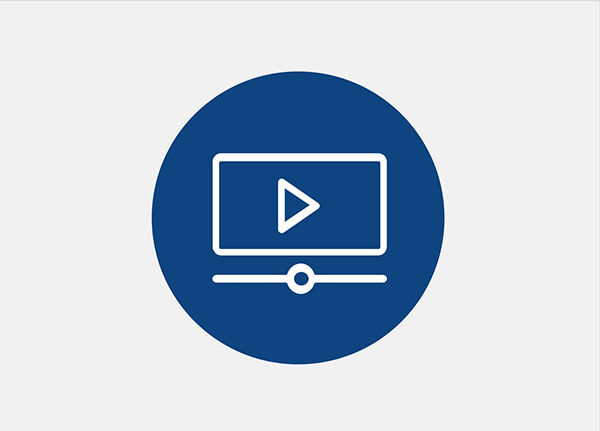Communication Expectations for Remote Teams
Communication Expectations for Remote Teams
Since email came into the workplace – followed by texting and a variety of other modalities to contact one another – the sheer volume of touch points and contact moments has dramatically increased.
People expect speedy replies to those messages – no matter how urgent the matter truly is.
I am a Generation-X’er who joined the world of work in the late 1980s, so I remember when we used those pink telephone message pads for returning calls. If you left your office for a while, on your return you would find a large pile of those pink slips waiting for you.
It was a chore, but it was just one way of being encroached upon. Now we have ten ways.
In my opinion, there are two main issues to unpack here:
First, this information overload is limiting people’s productivity and ability to focus.
Cal Newport, author and computer scientist at Georgetown University, has written extensively on this topic:
This incessant communication fragments attention, leaving only small stretches left in which to attempt to think deeply […] To make matters worse, cognitive performance during these stretches is further reduced by the “attention residue” left from the frequent context switching required to “just check” if something important arrived.
We know that multi-tasking is a myth.
What we are really doing when we attempt to do two things at once is switch-tasking – rapidly shifting our attention back and forth between two tasks. The result is that our productivity tanks and we end up doing worse on both tasks.
Second, we need to manage expectations about communications.
There needs to be an agreed upon etiquette about the speed of reply, amount of detail, and who should or should not be included in responses.
I’m sure we have all had the experience of being included on a “reply all” that was totally unnecessary. Folks, I really don’t need to be included in an email response that says, “Sounds good!” and has been sent to 200 people.
Here at TEND, our team has agreed upon the best ways to reach one another to avoid the “all day meeting” on three different communication platforms. (We revise this as we go, but we have found Slack to be a great way to do all of this.)
Another important aspect of this is being clear about what is truly urgent vs. emergent vs. FYI. Our team has agreed that, if one of us sends a text asking for an immediate phone call, it is an emergency. We don’t do that unless there is a clear and imminent need for it.
We schedule calls as needed. Our solution has been to compile questions that are less time sensitive and have a weekly team meeting to discuss non-urgent or emerging issues.
In fields were people feel reactive at the best of times, some co-workers view everything as urgent – when maybe it’s not. This requires some discussion to come to an agreement about what urgent means. “I need to get this off my pile of stuff to do” is not urgent for the team – even though it may make that person feel better.
Each team will have to navigate their unique workplace culture and demands of their workload to come to an agreement about workplace etiquette. Here are some suggestions to consider:
Four Strategies to Reduce Information Overload
- Urgent vs. Emergent: What constitutes as an urgent issue in your workplace? Does your team know? Do you know? Have a discussion with your team and institute policies for differentiating between sensitive and non-sensitive messages (for example, flagging urgent matters in the email subject line)
- Be flexible in response times: For non-urgent matters, is it possible to relax our expectations on response times? Remember, the person on the other end is likely juggling competing demands and other personal responsibilities too.
- Avoid task dumping: Blowing through our to-do list can be feel great, but where do those tasks go? Are you effectively doubling someone else’s workload? What would happen if you waited until tomorrow or next week to delegate that task? As much as possible, we need to be mindful of other’s workload.
- Set time limits: When we are working remotely, it is tempting (and easy) to work around the clock. We need to set limits to when we’re “on call”. Avoid checking emails during your downtime and disable any automatic notifications.
- Refrain from “Reply-All”: Who really needs to be cc’d on that email chain? If you or your team are uncertain, maybe it’s time to re-evaluate task assignments or review job descriptions.
Review and Reassess
In this new world of remote work, one essential step to working well as teams is to regularly review our team’s communication methods and be open to regularly revising those approaches. What worked well (or, let’s be honest, maybe not so well) six months ago may no longer be the best way to work together now.
We encourage teams to be willing to regularly review and address what is allowing us to do our best work and stay connected and creative during this new work landscape.




